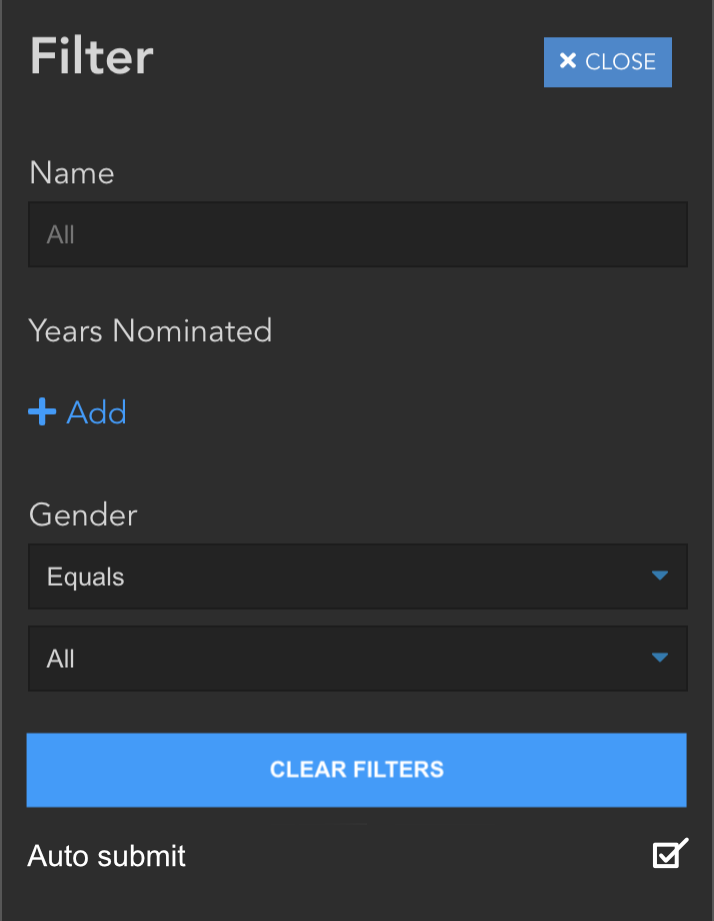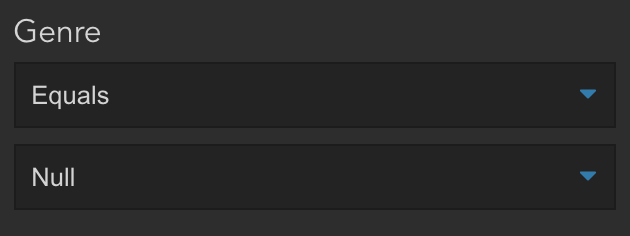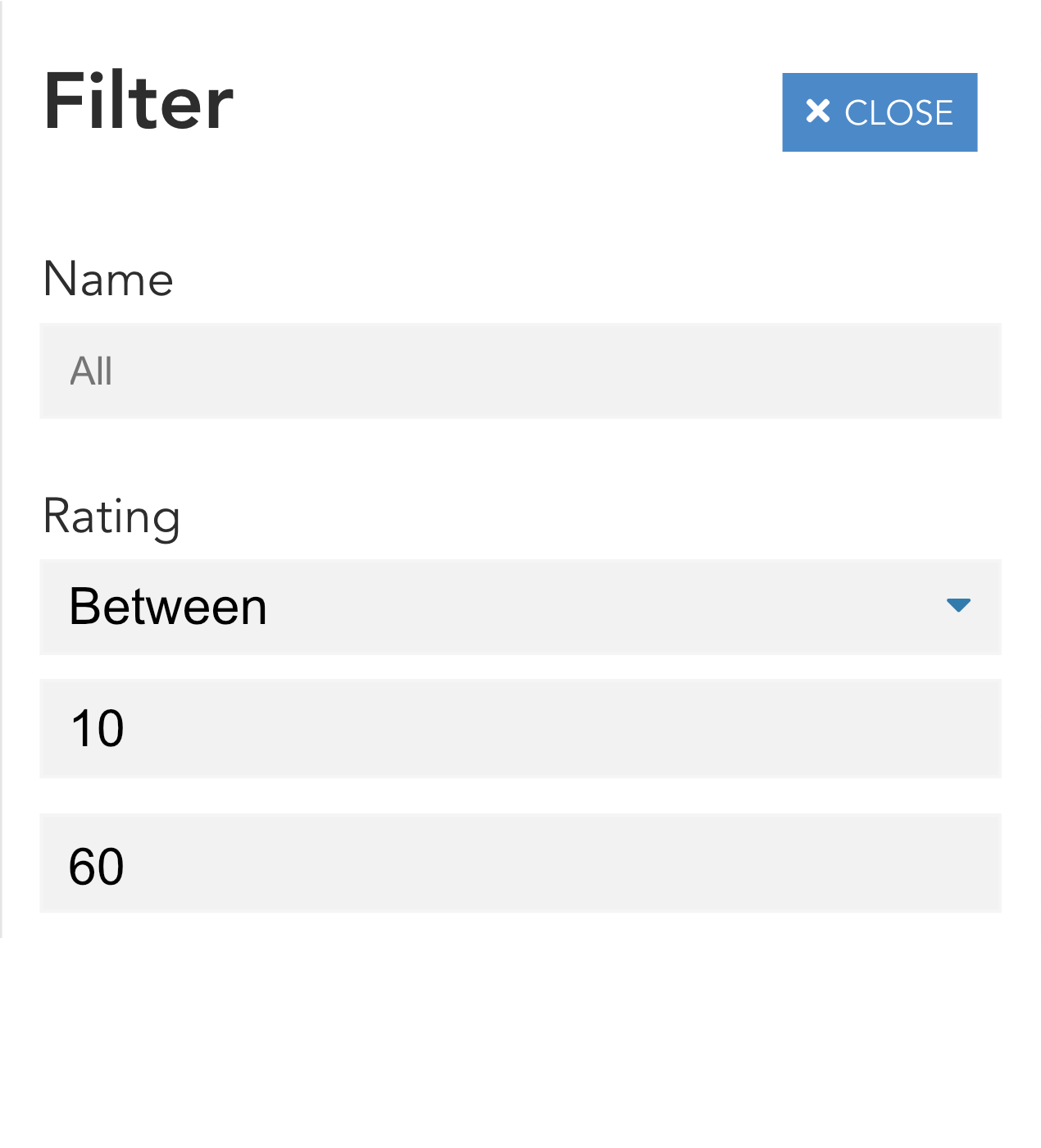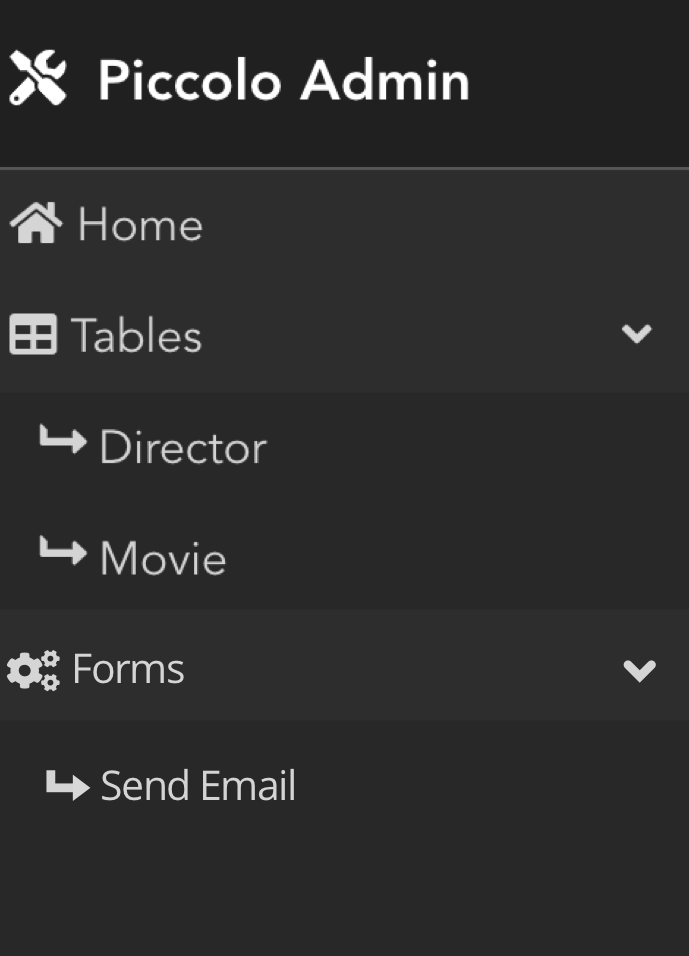First of all: Thanks for creating piccolo adn piccolo-admin - it looks really good!!
When using piccolo_admin with Fastapi running in uvicorn, I'm getting this error whenever I delete an object in piccolo-admin.
Traceback (most recent call last):
File "/projects/customer-api/.venv/lib/python3.9/site-packages/uvicorn/protocols/http/h11_impl.py", line 373, in run_asgi
result = await app(self.scope, self.receive, self.send)
File "/projects/customer-api/.venv/lib/python3.9/site-packages/uvicorn/middleware/proxy_headers.py", line 75, in __call__
return await self.app(scope, receive, send)
File "/projects/customer-api/.venv/lib/python3.9/site-packages/fastapi/applications.py", line 208, in __call__
await super().__call__(scope, receive, send)
File "/projects/customer-api/.venv/lib/python3.9/site-packages/starlette/applications.py", line 112, in __call__
await self.middleware_stack(scope, receive, send)
File "/projects/customer-api/.venv/lib/python3.9/site-packages/starlette/middleware/errors.py", line 181, in __call__
raise exc
File "/projects/customer-api/.venv/lib/python3.9/site-packages/starlette/middleware/errors.py", line 159, in __call__
await self.app(scope, receive, _send)
File "/projects/customer-api/.venv/lib/python3.9/site-packages/starlette/exceptions.py", line 82, in __call__
raise exc
File "/projects/customer-api/.venv/lib/python3.9/site-packages/starlette/exceptions.py", line 71, in __call__
await self.app(scope, receive, sender)
File "/projects/customer-api/.venv/lib/python3.9/site-packages/starlette/routing.py", line 656, in __call__
await route.handle(scope, receive, send)
File "/projects/customer-api/.venv/lib/python3.9/site-packages/starlette/routing.py", line 408, in handle
await self.app(scope, receive, send)
File "/projects/customer-api/.venv/lib/python3.9/site-packages/starlette/exceptions.py", line 82, in __call__
raise exc
File "/projects/customer-api/.venv/lib/python3.9/site-packages/starlette/exceptions.py", line 71, in __call__
await self.app(scope, receive, sender)
File "/projects/customer-api/.venv/lib/python3.9/site-packages/starlette/middleware/base.py", line 56, in __call__
await response(scope, receive, send)
File "/projects/customer-api/.venv/lib/python3.9/site-packages/starlette/responses.py", line 227, in __call__
await wrap(partial(self.listen_for_disconnect, receive))
File "/projects/customer-api/.venv/lib/python3.9/site-packages/anyio/_backends/_asyncio.py", line 567, in __aexit__
raise exceptions[0]
File "/projects/customer-api/.venv/lib/python3.9/site-packages/starlette/responses.py", line 223, in wrap
await func()
File "/projects/customer-api/.venv/lib/python3.9/site-packages/starlette/responses.py", line 215, in stream_response
await send({"type": "http.response.body", "body": chunk, "more_body": True})
File "/projects/customer-api/.venv/lib/python3.9/site-packages/starlette/exceptions.py", line 68, in sender
await send(message)
File "/projects/customer-api/.venv/lib/python3.9/site-packages/starlette/exceptions.py", line 68, in sender
await send(message)
File "/projects/customer-api/.venv/lib/python3.9/site-packages/starlette/middleware/errors.py", line 156, in _send
await send(message)
File "/projects/customer-api/.venv/lib/python3.9/site-packages/uvicorn/protocols/http/h11_impl.py", line 469, in send
output = self.conn.send(event)
File "/projects/customer-api/.venv/lib/python3.9/site-packages/h11/_connection.py", line 468, in send
data_list = self.send_with_data_passthrough(event)
File "/projects/customer-api/.venv/lib/python3.9/site-packages/h11/_connection.py", line 501, in send_with_data_passthrough
writer(event, data_list.append)
File "/projects/customer-api/.venv/lib/python3.9/site-packages/h11/_writers.py", line 58, in __call__
self.send_data(event.data, write)
File "/projects/customer-api/.venv/lib/python3.9/site-packages/h11/_writers.py", line 78, in send_data
raise LocalProtocolError("Too much data for declared Content-Length")
h11._util.LocalProtocolError: Too much data for declared Content-Length
piccolo-admin==0.18.1
- aiofiles [required: >=0.5.0, installed: 0.7.0]
- fastapi [required: >=0.62.0, installed: 0.70.0]
- pydantic [required: >=1.6.2,<2.0.0,!=1.8.1,!=1.8,!=1.7.3,!=1.7.2,!=1.7.1,!=1.7, installed: 1.8.2]
- typing-extensions [required: >=3.7.4.3, installed: 3.10.0.2]
- starlette [required: ==0.16.0, installed: 0.16.0]
- anyio [required: >=3.0.0,<4, installed: 3.3.4]
- idna [required: >=2.8, installed: 3.3]
- sniffio [required: >=1.1, installed: 1.2.0]
- Hypercorn [required: Any, installed: 0.12.0]
- h11 [required: Any, installed: 0.12.0]















